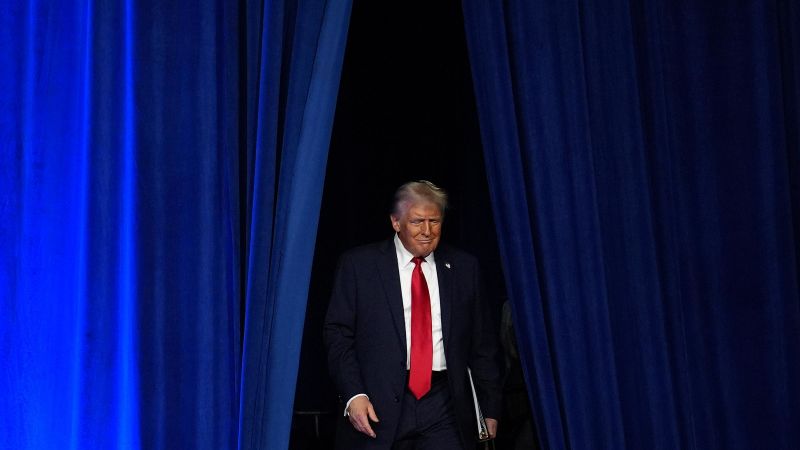
Democratic governors quietly prep extensive plans to counter Trump
CNN
Diplomatic and depressed as they have been in public, a small group of Democratic governors are deep into behind-the-scenes preparations and deliberations over how to balance the politics of pushing back on what they are expecting from President-elect Donald Trump’s next turn in the White House.
Diplomatic and depressed as they have been in public, a small group of Democratic governors are deep into behind-the-scenes preparations and deliberations over how to balance the politics of pushing back on what they are expecting from President-elect Donald Trump’s next turn in the White House. Since long before the election, they’ve been poring through Project 2025 — it’s helpful, several Democratic governors told CNN, to have a blueprint in public. They’ve been studying their own executive powers and state laws. They’ve been collaborating on how to shame any extreme Trump actions in the court of public opinion, rather than debating the principles, as often happened when Democrats took on Trump last time. They’ve been stockpiling the abortion medication mifepristone in secret warehouses and rehearsing their answers for if and when the incoming White House tries to nationalize their state police or National Guard units for use in deportation raids; some are planning to flat out refuse, while others intend to argue that the officers are busy with other work keeping the people in their states safe. (None have fully wrapped their heads around how it would work if units from other states are sent in and set themselves up for showdowns on the state borders.) “Really, we have no idea what’s coming down the pike,” said Kansas Gov. Laura Kelly, the chair of the Democratic Governors Association. Some are already going deeper. Illinois Gov. JB Pritzker frustrated several of his counterparts by trying to get them to sign on to a group he started postelection to push back on Trump, but only Colorado Gov. Jared Polis signed on as a co-chair. Pritzker has his staff exploring ideas such as blocking GPS tracking on apps for women who may be traveling to the state to get abortions, so that there would not be records to potentially subpoena back home. “We all have apps on our phones that track where we go. If an attorney general or US attorney wanted to pull that data and determine whether someone drove from Indiana to an abortion clinic in Illinois, we can protect people and their privacy,” he told CNN. How the technology of that might work, though, isn’t clear — and that goes for a number of the more innovative ideas being workshopped.













